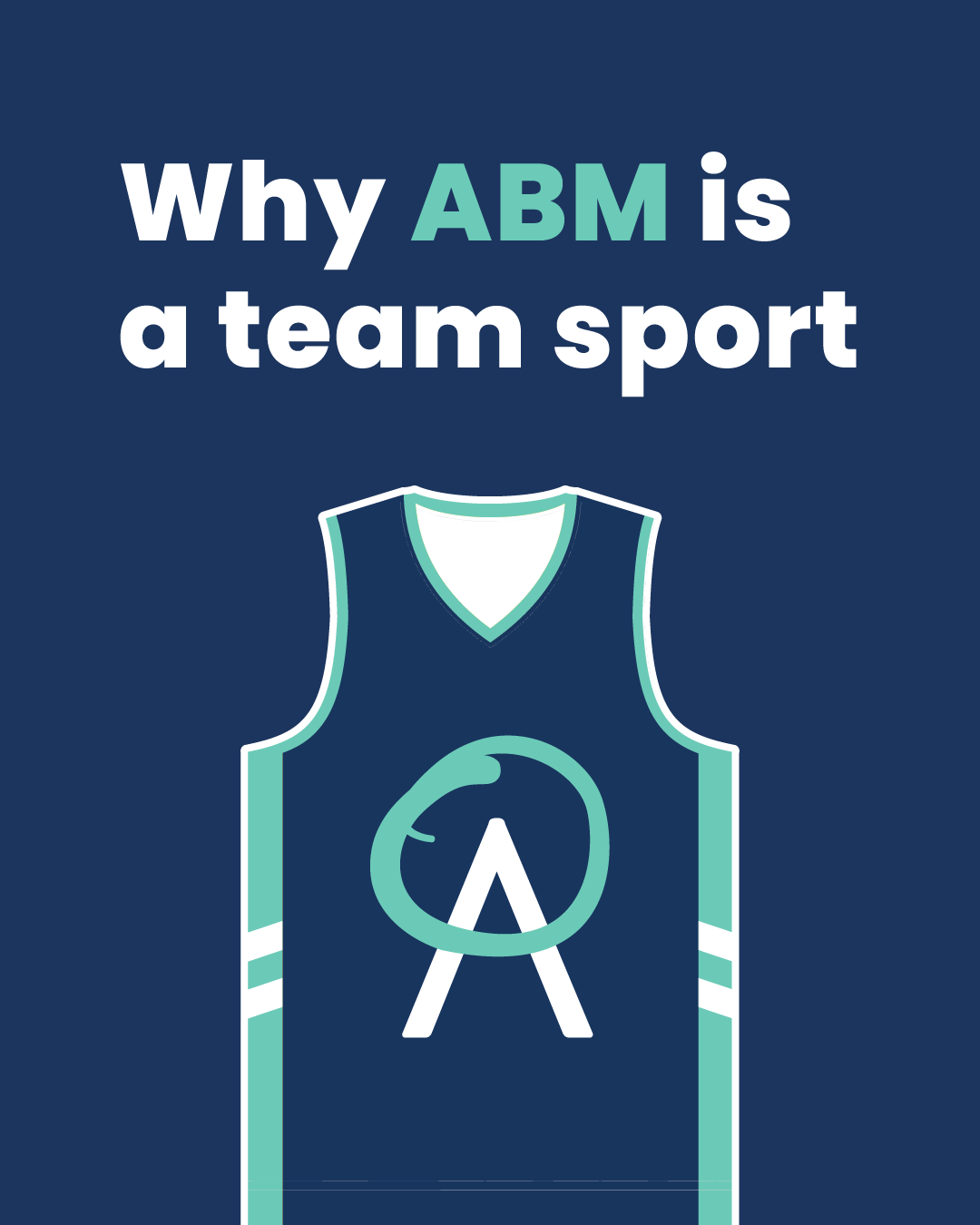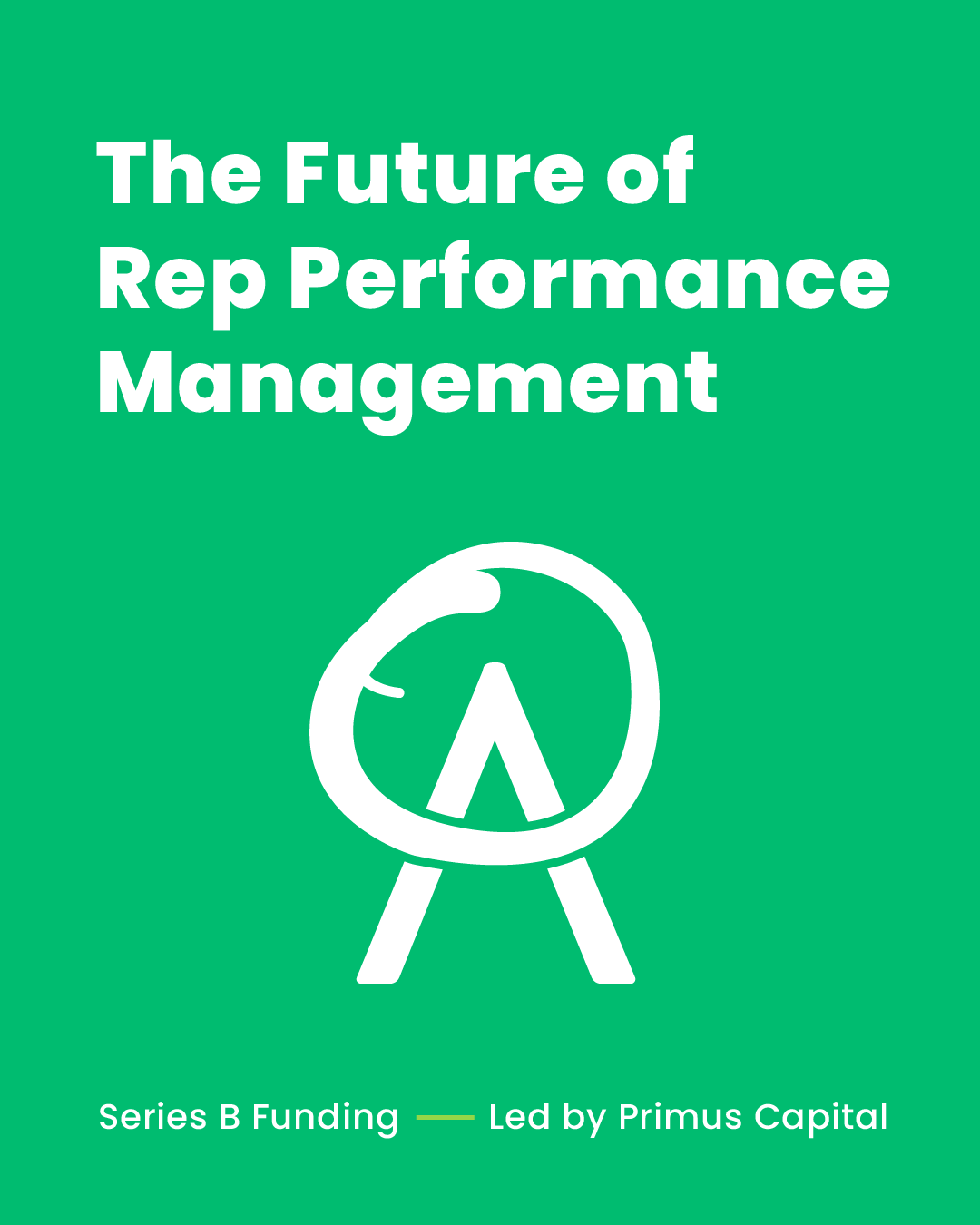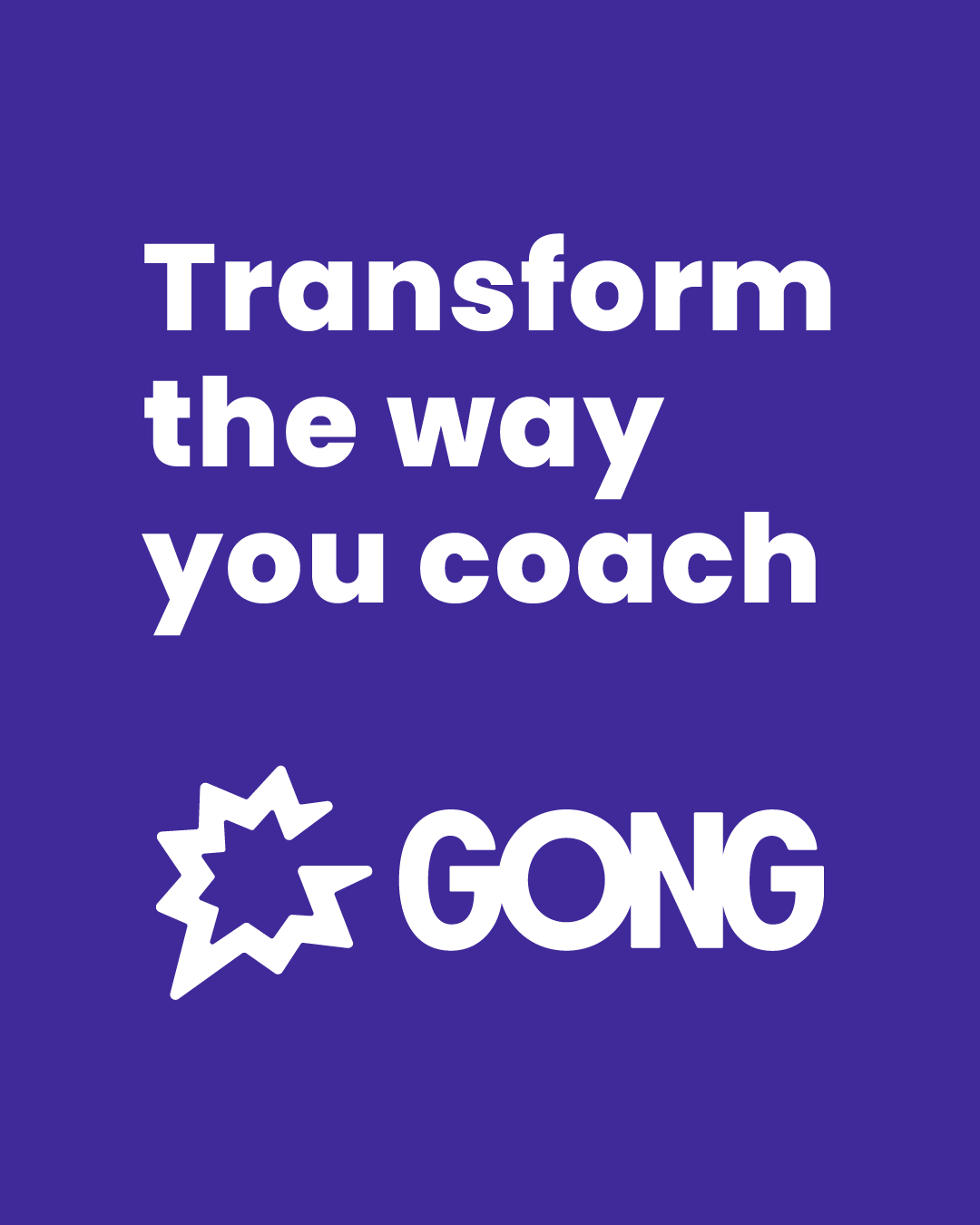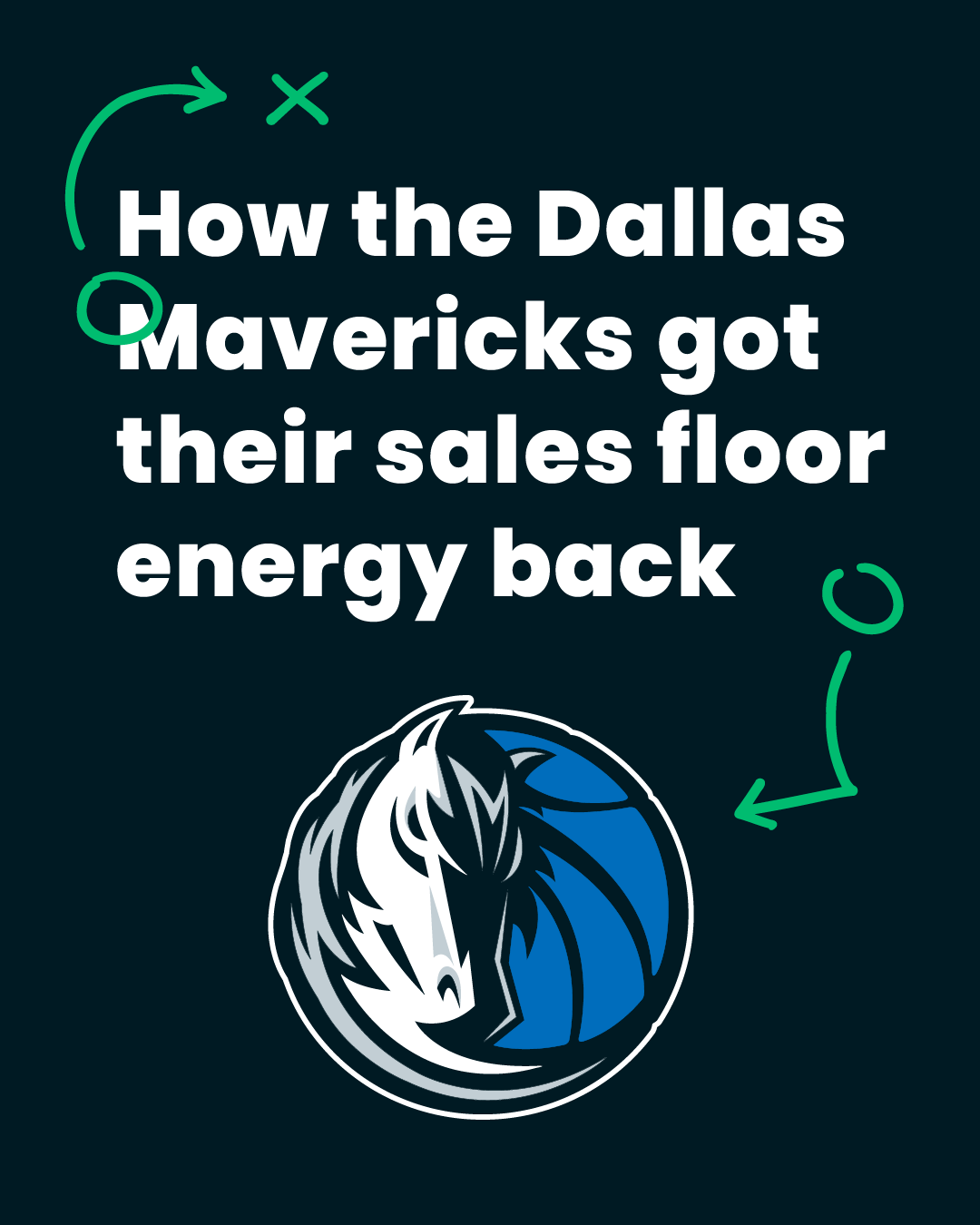Gamified Learning Platforms
Gamified Learning Platforms
Gamification has many different applications in a wide variety of fields. One example is the way gamified learning platforms can be used to motivate learners and make it easier to absorb the information being presented. Gamification learning examples in business could include applications like employee training or customer onboarding. Using gamified learning platforms can make the process of onboarding or learning about a product more engaging for many people.
Gamified learning platforms are one example of how gamification can be applied, but it can also be used in other ways as well. In business, gamification can be used as a sales tool to help engage sales reps and motivate them to hit their sales goals. It can also create better visibility into how the sales team is performing.
Gamification companies can offer gamification software that sales teams can implement in order to improve their productivity. Ambition offers a range of services, including gamification, that can make sales management and learning easier. Implementing gamification manually can be time-consuming and difficult, but gamification software can make the process more efficient. Sales leaders who want the benefits of gamification for their sales team but don’t know how to create gamification within their available time and budget may want to consider gamification software. Gamification companies can provide the tools necessary to gamify many elements of sales and learning in order to encourage greater productivity.
Gamified learning platforms and sales gamification are two different ways to apply gamification that could be beneficial in a business environment. Sales gamification can be used to motivate a sales team to strive to achieve more, while gamified learning platforms examples could make different kinds of training more accessible for some people. In both cases, gamification is a useful tool that can increase interest and engagement.
Gamification Templates
Adding gamification can be a way to motivate and engage people in a variety of different situations. However, creating gamification can sometimes be challenging and time-consuming. To make the process of creating gamification easier, some people like to use gamification templates that can be quickly customized and ready to use in little time. Gamification learning templates could make it easier to gamify learning materials like employee training, product education, and more. Gamification can serve to engage learners and increase their interest in the subject matter. It can also be used to track progress and performance. When implementing gamification for educational purposes, gamification learning templates examples can be a great place to start.
Some companies have a variety of gamification resources, including gamification templates, that sales teams and other organizations can use to improve engagement and productivity. Gamification has the potential to be especially effective in sales settings because people who sell for a living tend to be naturally competitive. Sales managers can leverage this competitive nature to improve productivity by using gamification templates to create sales competitions with live performance tracking. There are some virtual gamification examples that can be integrated with a CRM or used to create virtual leaderboards that can be broadcast to the sales team.
An Executive Analysis
How Sales Coaching Impacts Key Business Metrics
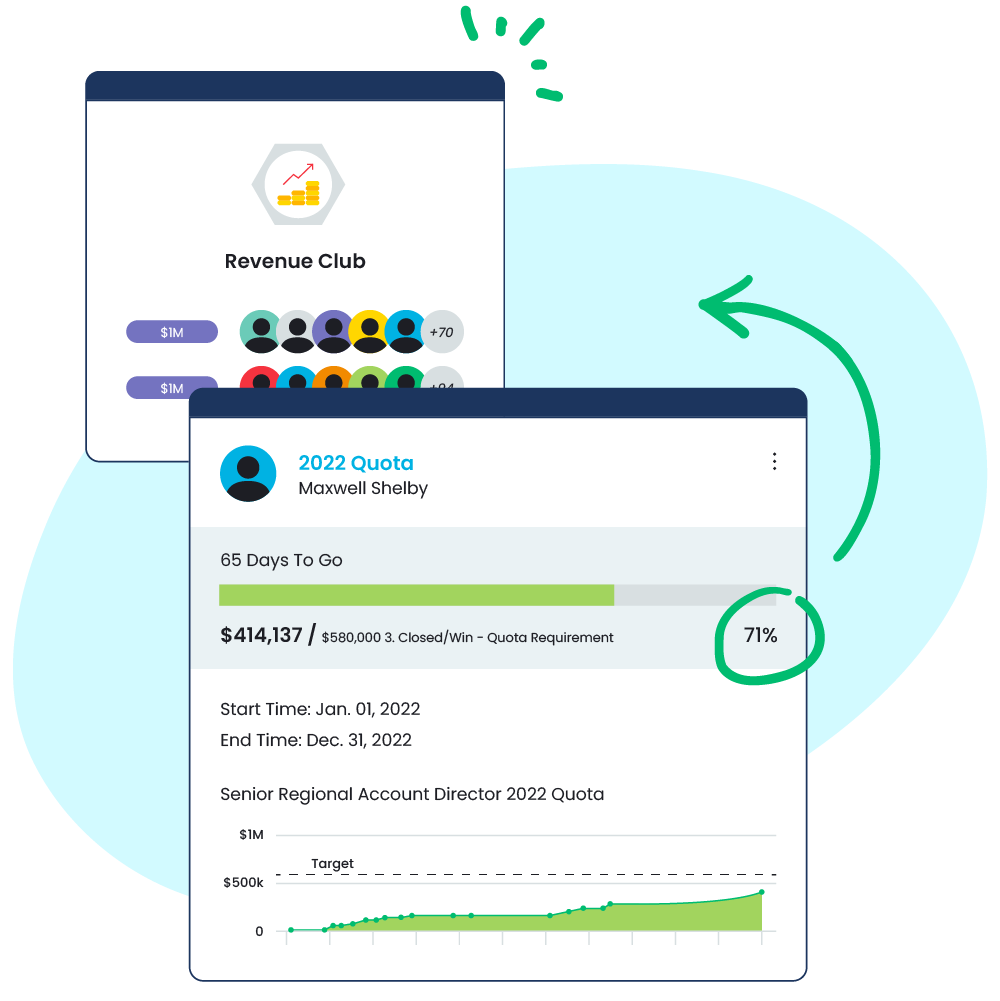
Gamified Learning Apps
Gamification can be used to motivate or improve productivity in many different scenarios, but one of the areas in which it can be most effective is education. Gamified learning apps can be great tools for encouraging learners to meet and exceed their goals. There are many gamification app examples you can implement in order to improve performance. The best gamification learning apps include features that can be used to motivate learners and keep them engaged.
Other gamification app examples could be found in sales. Sales is another example of an area in which gamification can be especially effective because it uses sales reps’ competitive natures to encourage greater performance and productivity. The best gamification apps for sales teams are often the ones that include tools that can be used to motivate sales reps to hit their targets and hold them accountable for doing so.
Gamification apps are being used more and more in enterprise sales companies. Gamification app examples like Ambition can provide gamification tools that enterprise sales teams can use to motivate better performance, improve visibility, and drive revenue. Sales managers can benefit from implementing one of the best gamification apps whether they are looking for a short term boost in sales numbers or a long term improvement in overall sales team performance.
Gamification Tools
If a sales manager wants to give their sales team a productivity boost, or just improve their visibility into the team's day-to-day performance, they could try using gamification tools. Online gamification tools like Ambition can enable sales managers to put together competitions with leaderboards and live performance tracking. Individual sales reps’ performance can be tracked on a gamified scorecard that encourages productivity by rewarding completed tasks with points.
These tools can motivate sales reps and improve their productivity, but they can also allow the sales manager to get a better understanding of how each sales rep is performing on a daily basis and whether or not they are meeting their goals. Gamified performance tracking also makes it possible to receive alerts when sales reps reach notable benchmarks so their achievement can be celebrated, and when sales reps are falling behind their targets so they can be given further coaching.
There are also gamification learning tools that can be implemented in order to use the advantages of gamification to motivate learners and reward their efforts. These kinds of gamification tools have a wide range of applications. For example, gamification learning tools could be used in business to aid employee training or customer education.
Gamification Software
Sales managers can use gamification software to create several different kinds of improvements in their sales departments. First, sales gamification software has the potential to improve the sales team's morale because it introduces a fun element to the workday. Sales managers can also use gamification apps for business to motivate their sales teams to achieve higher sales numbers. Sales reps are often competitive by nature, and some sales managers successfully leverage this fact by using gamification software to incorporate sales competitions. Sales competitions can allow sales reps to see performance metrics broadcast on a live leaderboard, which can motivate them to remain engaged with their work and move up in the rankings.
Gamification apps for business have even more to offer sales teams than a fun way to keep sales reps motivated. Gamification software can also increase visibility into the day-to-day productivity of each sales rep individually. Sales managers can use sales gamification software to track each sales rep’s performance and gain visibility into how their productivity is matching up to their targets. This can help them hold each rep accountable and it can encourage each rep to work harder to complete every task on their scorecard for the day.
Gamification Platform
Sales managers can use a gamification platform to turn selling into a game, which can often motivate sales reps to achieve more and keep them engaged with their work. A gamification platform for business can add an extra element of competition to the sales process and encourage everyone to reach for higher goals. Different organizations use gamification in different ways, but a few of the most popular types of gamification are fantasy-style contests (like fantasy football) or leaderboards that display to the whole team who the top performers are.
Gamification can also be used to aid learning. A gamified learning platform can keep learners engaged and motivated in much the same way as a sales gamification platform. Gamification in learning can make the learning process more interesting and introduce incentives to make progress, just like gamification platforms for business. Gamified learning software is just one other example of the applications a gamification platform could have. A gamified learning platform can be a useful tool for training or onboarding purposes just as much as it can be a useful sales tool for increasing productivity.
Gamification Software for Employee Engagement
Gamified learning solutions have the potential to increase employee engagement with work or training. Businesses that use gamification software for employee engagement can significantly improve their employee’s engagement with their work. Approximately 80% of employees say they enjoy using gamification software at work. Gamification tools for training can be just as effective. Gamified learning solutions have been shown to increase employees’ abilities to learn new skills by about 40%. These figures illustrate how gamification software for employee engagement can benefit organizations in multiple ways: by improving employees’ engagement with their work, and by improving their engagement with their training and ongoing learning.
The best gamified learning solutions can keep employees highly engaged with the material they are learning and make the learning process more enjoyable at the same time. Many businesses suffer from poor employee engagement levels. The data indicates that about 70% of business transformation programs fail because of poor employee engagement. Gamification tools for training and sales productivity can be used to help keep employees engaged with whatever task they are working on, whether it’s learning a new skill or making sales calls.
